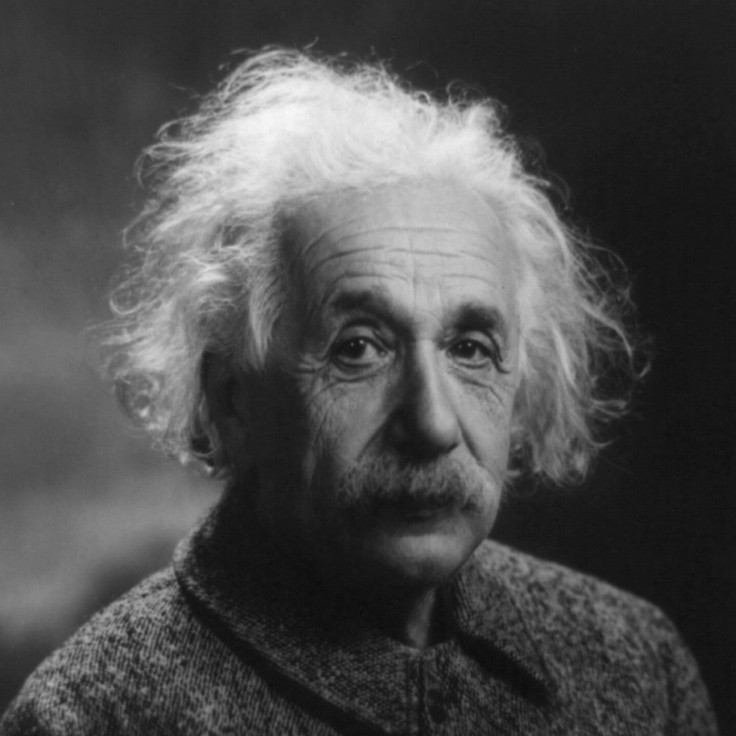Particles Moving Faster Than Light – Pillars of Physics Soon to Fall?
Opinion

With the recent discovery that one subatomic particle moves faster than light, our century-old understanding about the pillars of physics will soon be falling.
The latest discovery done by a team of experimental physicists at the European Organization for Nuclear Research, known as CERN, negates Albert Einstein's theory of relativity that clearly certifies light as the fastest mover in the universe.
If proved correct, this exotic particle, a neutrino that is 60 nanoseconds quicker than light, could establish the fact that humans can travel back in time.
The calculation was done by the Oscillation Project with Emulsion-tRacking Apparatus (OPERA), a 1,300-metric-ton particle detector.
The OPERA Project
For past three years, scientists have been working on OPERA. The project was jointly run by the particle research center near Geneva and the Gran Sasso Laboratory in central Italy.
Their research clearly shows that when a total of 15,000 beams of neutrinos were fired, the tiny particles traveled the 730-kilometer, 2.43-millisecond trip roughly 60 nanoseconds faster than light, the OPERA researchers claimed.
It's a straightforward time-of-flight measurement, said Antonio Ereditato, a physicist at the University of Bern and spokesperson for the 160-member OPERA collaboration. We measure the distance and we measure the time, and we take the ratio to get the velocity, just as you learned to do in high school.
Result That Baffled Scientists Around the World
The finding gathered both positive and negative reaction from scientists worldwide. Eminent cosmologist and astrophysicist Martin Rees said, Extraordinary claims require extraordinary evidence, and this is an extraordinary claim.
However, Australia-based physicist Dr. John Costella described the claim as an embarrassing gaffe.
Prof. Stephen Hawking appeared unconvinced when he said, It is premature to comment on this. Further experiments and clarifications are needed.
Knowing the discovery would be hard to believe, Antonio Ereditato said, The finding is so startling that, for the moment, everybody should be very prudent.
We have high confidence in our results. We have checked and rechecked for anything that could have distorted our measurements but we found nothing, Ereditato added. We now want colleagues to check them independently.
© Copyright IBTimes 2025. All rights reserved.





















